Background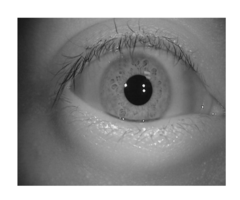
Just as there is much detail in a person's fingerprints, there is similarly much detail in a person's iris. The iris is the colored part of the eye.
The detail comes from the muscles that are used to contract and dilate the pupil. The detailed crypts and furrows come from a ripping process while a child is in the womb. Even identical twins have different iris patterns. Because the iris is behind the cornea, it is a protected yet visible muscle that cannot be easily altered.
In fact, it is possible to match iris patterns even after years have passed. In the April 2002 issue of National 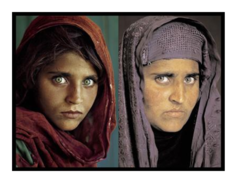 Geographic, there is the story of how a girl photographed in an Afghanistan in 1984 was found 18 years later and identified by her iris.
Geographic, there is the story of how a girl photographed in an Afghanistan in 1984 was found 18 years later and identified by her iris.
Try looking at your neighbor's eyes to notice the detail. For people with dark eyes, the detail may not be visible to our eyes, but the detail is still there. Did you know that everyone has a blue layer on the back of the iris? Genes determine eye color, and people with brown eyes have a brown layer in front of the blue layer. Although the dark brown layer absorbs visible light, the detail in the iris is visible using NIR illumination. That is because the wavelength of light for NIR is longer than visible light, which penetrates slightly below the surface of the iris. If we use near infrared (NIR) lighting and a special camera, the detail is visible in the NIR image.
Can you think of a situation where it would be useful to identify someone by their iris? It isn't very useful for crime scene investigation, but it works very well for access control, which is important for safety and crime prevention. 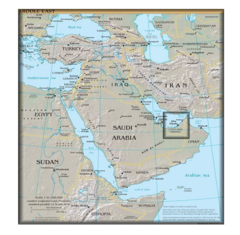 So far, the largest deployment of iris recognition is in the United Arab Emirates (UAE). Because of its location, with air, land, and sea ports, many people travel through the UAE every day, including people who have been deported. By enrolling expellees in the iris recognition system, and obtaining iris scans of persons with new visas, the UAE prevents criminals from re-entering the country.
So far, the largest deployment of iris recognition is in the United Arab Emirates (UAE). Because of its location, with air, land, and sea ports, many people travel through the UAE every day, including people who have been deported. By enrolling expellees in the iris recognition system, and obtaining iris scans of persons with new visas, the UAE prevents criminals from re-entering the country.
You can probably guess that iris recognition is a hard problem that requires a lot of processing using computers. The first step is to locate the boundaries of the iris and pupil. Then we represent the washer-shaped iris as one long rectangle, by making a cut through the "washer" and unwrapping it. This can get complicated, because the pupil can dilate and contract. Also, the person's head can be tilted a little. But there are ways to stretch and shift the pixels. And instead of comparing pixels, we can create a corresponding map of the frequencies (roughly speaking).
There are several advantages to iris recognition. Can you think of some? We already mentioned that the iris has a lot of detail, which makes the recognition very accurate. Also, the iris doesn't change over time, unlike the face or speech. What might be an advantage compared to fingerprint recognition? One advantage is that the subject doesn't have to touch anything. That's a big advantage during flu season! Also, the subject doesn't even see the illumination, since NIR wavelengths are not in the visible part of the spectrum. People are working on systems that can do iris recognition from a distance as people walk through a doorway, which makes it fast and convenient. But for the system we will see today, you will see some lights that indicate where to look. After a little practice, it's very fast and easy to use - and also very accurate!

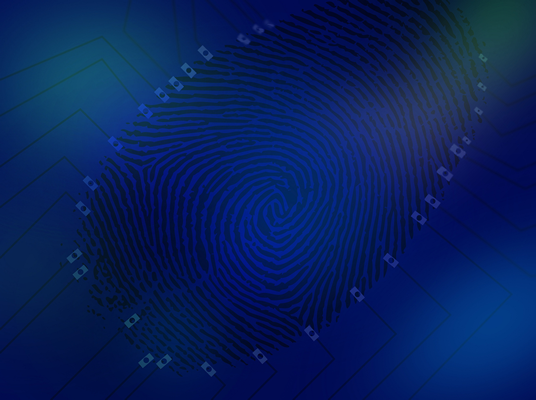

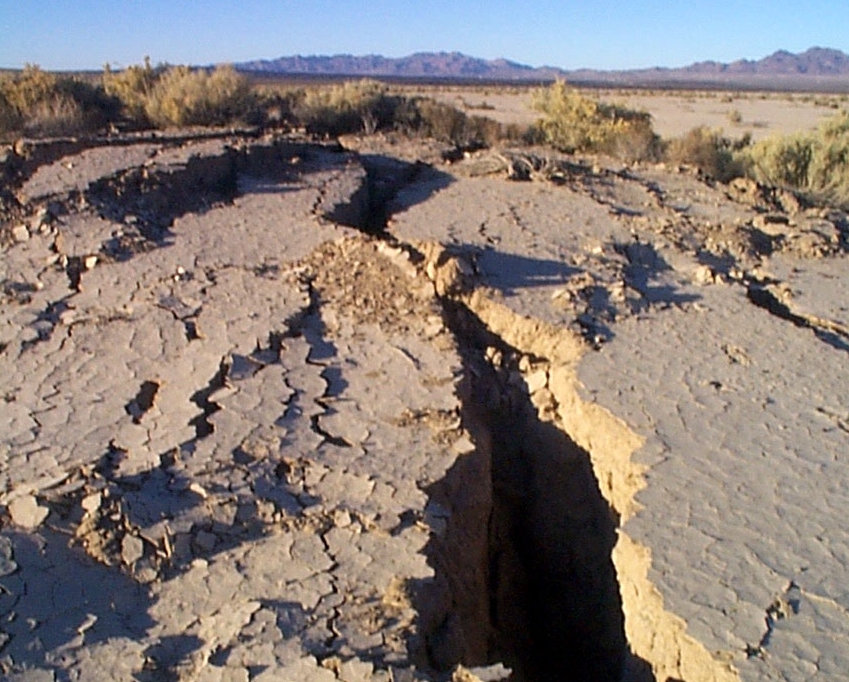



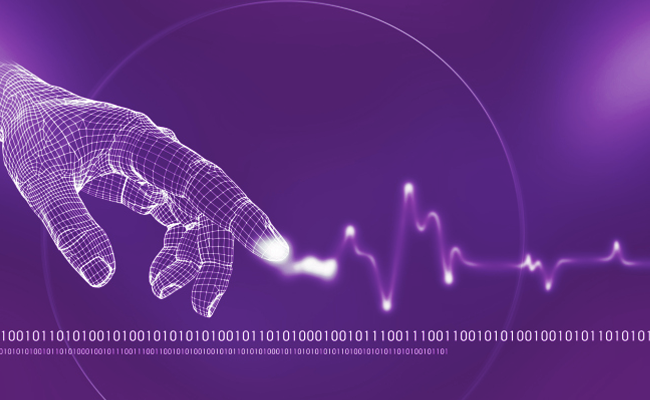
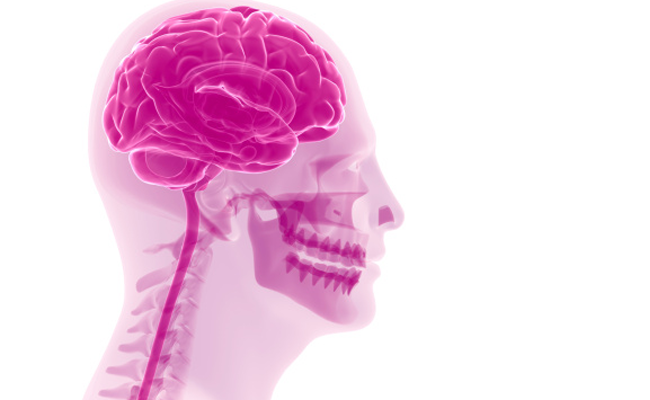





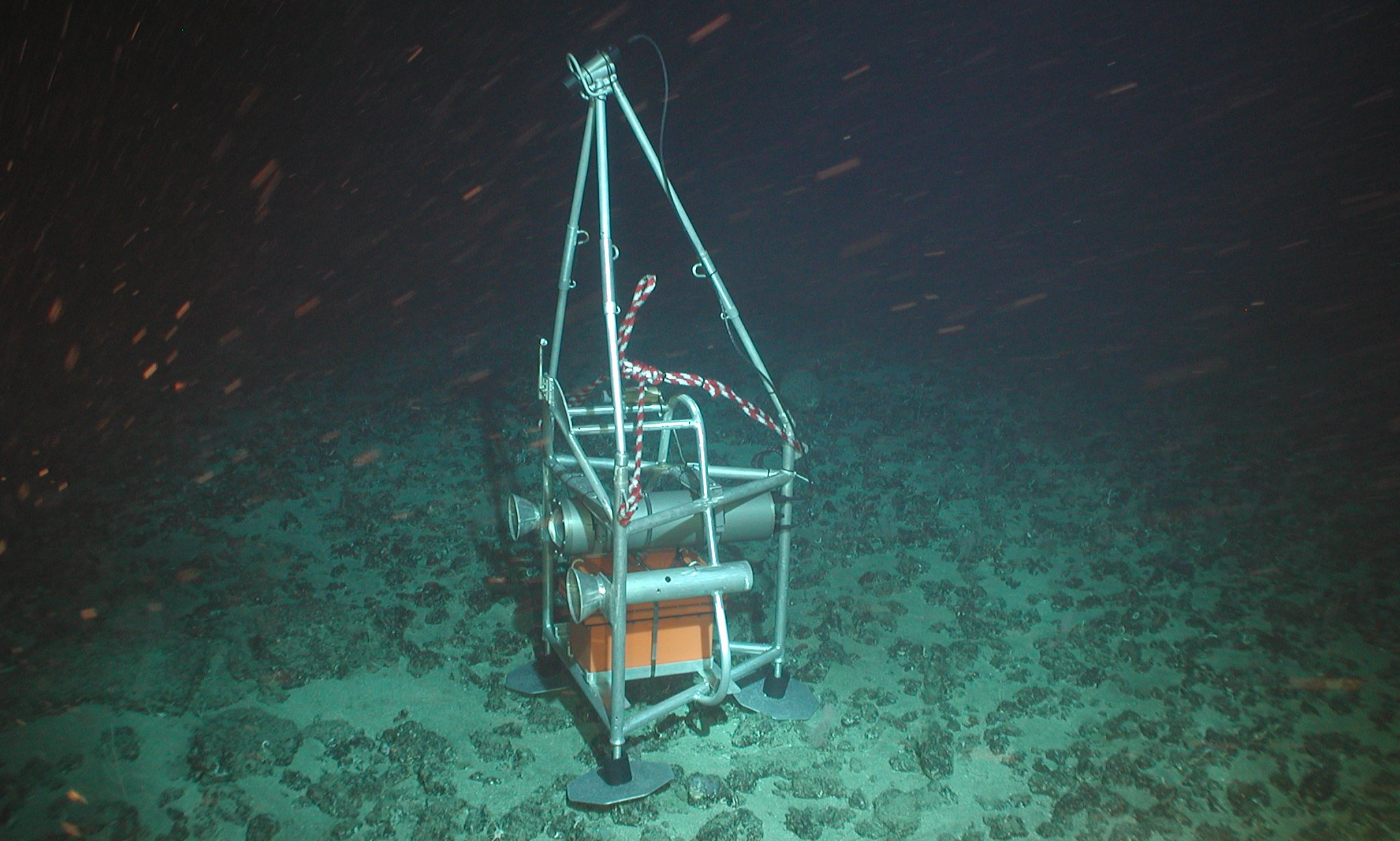



What other people said
Average Rating (2)
Log in or Join now to rate this article!